Friday Fun: Brain Awareness Week
- SproutEd Team

- Mar 12, 2023
- 6 min read

Another week-long Friday Fun, Brain Awareness Week (March 13 to 19, 2023) is the global campaign to foster public enthusiasm and support for brain science.
Every March, participants host imaginative activities in their communities that share the wonders of the brain, and the impact brain science has on our everyday lives.
But learning about the brain and supporting brain science doesn't just have to happen during Brain Awareness Week - use this special event to kickstart your own investigations into the human body, growth mindset, meditation, art or anything else that links up with the brain (the scope is amazingly broad)! So, dive into Friday Fun; learn, play and grow!

Find Out More About the Human Brain!
Keen to learn more about the human brain? Well, the Brain Awareness Week website has a bunch of super awesome (and very comprehensive) resources; including Fact Sheets, Puzzles and Resources for Educators (i.e. lesson plans) - so it is a fabulous place to start looking for information and ideas.
We've chosen a selection of the available resources to showcase below - but there's even more over on the website (click the images to get taken there) AND if you head over to the Dana Foundation Website (more about the Dana Foundation below) you can find even more resources to learn, play and grow!
Fact Sheets (for Kids & Adults!)
Puzzles (for Kids & Adults!)
Educator Resources

What is the Dana Foundation?
"The Dana Foundation is a private philanthropic organization based in New York dedicated to advancing neuroscience and society by exploring the connections between neuroscience and society’s challenges and opportunities, working to maximize the potential of the field to do good. Neuroscience is deeply connected to ethics, law, policy, humanities, and the Arts.
The brain is at the centre of human experience. Everything—from the way humans form societies, to the way we engage with the world, to our capacity for thinking, feeling, learning, and remembering—it all lives within the billions of neurons and connections in our brains.
The last century of neuroscience has been a time of unprecedented progress. Neuroscientists deepened our knowledge of the brain’s structure and functions. They gave us a thorough understanding of the nervous system, which coordinates our actions and the relay of sensory information. The field contributed huge insights into brain diseases, and pioneered treatments that, for millions of people globally, saved and improved lives. All the while, the stigma of brain diseases and disorders has been confronted and more empowering narratives have emerged.
There is so much that we know about the human brain, and yet there is still far more to explore. This creates opportunities and potential risks for the future of the field. At its best, neuroscience will help deliver better health outcomes, improve education, advance innovation, and make laws more just. But at its worst, neuroscience could be used as a means to control, exploit, and manipulate people.
To ensure a positive future, we must better connect neuroscience to the needs of society. We must strive to make the field more inclusive and collaborative. By opening the field up to diverse perspectives, working in closer partnership with other disciplines, and deepening our engagement with the general public, neuroscience can contribute to the flourishing of everyone.
Scientists and civic leaders share a responsibility to ensure that neuroscience benefits all of humanity. The Dana Foundation contributes to this work through our Neuroscience & Society focus. We foresee a future when practitioners and people from different walks of life engage in the open exploration necessary to shape a better world" (Dana Foundation, 2023).
Head on over to the Dana Foundation website for more fabulous resources, great articles, news, and more!

YouTube Videos About the Brain!
The Dr. Binocs Show is a great science resource for younger kids. The videos are fun, engaging but very comprehensive.
Operation Ouch is a great program for kids who want to 'level up' their understanding and Drs Chris & Xand lead the audience through lots of interesting & engaging experiments.
Again, Operation Ouch has always been a firm favourite at our place. This clip investigates the human brain in a hands-on, engaging way (using a real brain!).
National Geographic is a fabulous resource for older kids as it usually dives a little deeper. Their 101 clips are short introductions into all kinds of interesting topics. Highly recommend!
This is a full length documentary on the human brain and is suited to those with much longer attention spans, or those that want to dive deeper. Pre-watching & selecting interesting snippets to share with the kids is always a good option too!

What is Growth Mindset?
We found this definition of Growth Mindset and wanted to share it with you, because it is nice and clear:
“In a growth mindset, people believe that their most basic abilities can be developed through dedication and hard work—brains and talent are just the starting point. This view creates a love of learning and a resilience that is essential for great accomplishment.” (Dweck, 2015)
We also like to think of a growth mindset as a 'can do attitude' - where we give things a go, accept our failures or challenges, and try again. As well as being a way to respond to problems (we really emphasise that it is totally ok to mess up or not do well at something, especially on the first try). Afterall, it is through making mistakes and then diving deeper or trying again that we have the greatest leap of learning!
In our many years of teaching and working with students both in and out of the school setting, we found that we were encouraging these 'growth mindset' behaviours even before they had a name! And you will probably find that you are doing it too!
If you'd like some help to get started, want to find out more about growth mindsets, or find some engaging activities to really hone in on those growth mindset skills - then check out our highlighted resources below!

Growth Mindset Resources!

We highly recommend starting with our blog articles The Power of 'I Can'.
The Power of ‘I Can’ is one of our most popular blog articles and really resonates with homeschoolers.
It’s all about the brain, negativity bias and how to overcome it - which is essentially, building a foundation to explore growth mindset!
A fabulous introductory video from Khan Academy about Growth Mindset.
This is fabulous for those that are short on time and just want a quick intro (or reminder) about growth mindset.
Short, sharp and clear.

Growth Mindset for Parents from the MINDSETKIT website supports parents to learn about:
What a growth mindset is,
Why it’s important,
And best practices to support their children in developing this learning belief.
It is a collection of short video clips and activities.
A Little Spot of Flexible Thinking is a delightful read-aloud. It introduces a creative way for children to understand how to approach challenges and situations with flexibility and a growth mindset.
Children are encouraged to try new things, start the day thinking positively and problem solve when things don't go their way.
You can also grab a hardcopy here or at your favourite local bookstore or library!
This colourful collection of free posters reinforcing growth mindset are a fabulous addition to any learning space.
Posters are great for improving metacognitive practice, reinforce learning, spark discussion, and support verbal and non-verbal processors in their learning.
Or maybe getting up and moving is more your style.
Head on over to Moments a Day to download your free copy of the Growth Mindset Yoga Posters.

"Mindset Works is the global leader in growth mindset development leveraging the pioneering research of Carol Dweck and Lisa Blackwell. The company's mission is to enable a world in which all people realize continual learning and growth."
Their website has loads of awesome resources but we particularly liked GEM (Growing Early Mindsets) resources for parents.
A fabulous collection of videos, read aloud recommendations, and activities for early learners!

And if you're still looking for more information on growth mindset and ideas on how to effectively teach it to your children; then head on over to Edutopia.
Edutopia has a MASSIVE collection of educational articles on all kinds of topics and links to the best resources for teaching and learning.
Their Big List of Resources for Teaching Growth Mindset are great!

FREEBIES!
These gorgeous ocean-themed cards help our kids to build a positive sense of self; they can affirm their own strengths, develop healthy mindsets, foster self-love and confidence.
Our self-belief affects our happiness, successful and health. Imagine the impact it could have if our children could wire their neural pathways early in life; fostering a confidence in their beliefs that they are loved, they are smart, and they are strong!
Download a copy of our Tiny Tots Affirmation Cards - Ocean Babies Theme for FREE (limited time only)!
We hope that this has given you lots of fun ways to celebrate Brain Awareness Week and learning about your wonderful brain and all of the incredible things it is capable of! Friday Fun at The Hub is all about connecting homeschoolers with fun learning experiences that enrich every homeschool; and providing families with fabulous freebies to support learning, playing and growing at home!
If you've got some suggestions for other great ideas or would like to share your adventures, please visit our private group on Facebook - Little Sprouts Homeschooling and join a community of homeschoolers just like you!

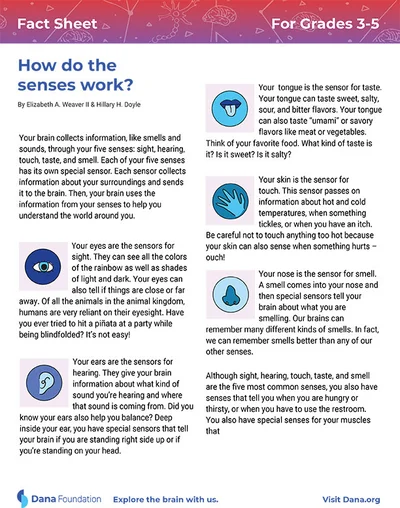

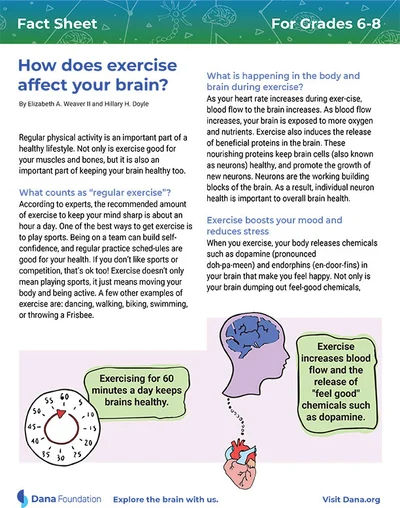

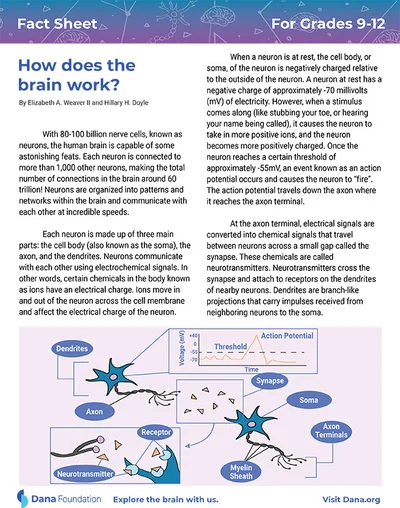

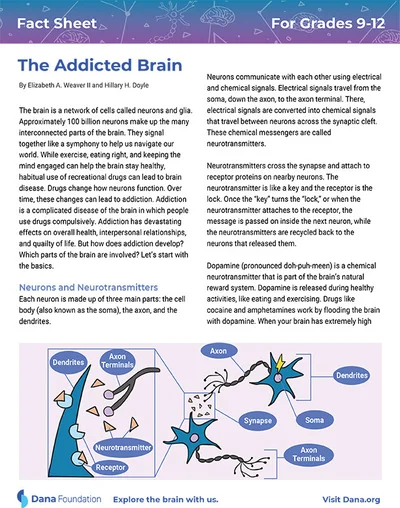

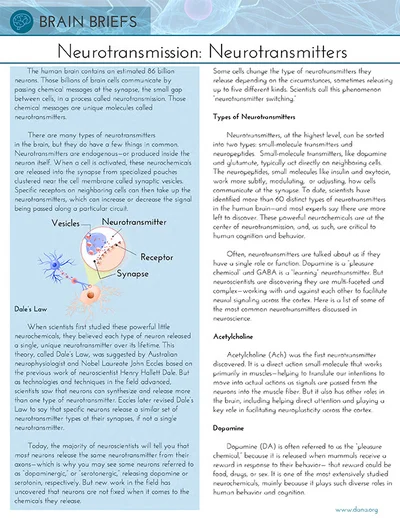

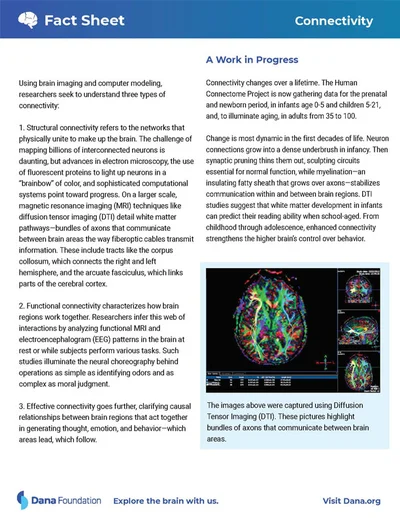

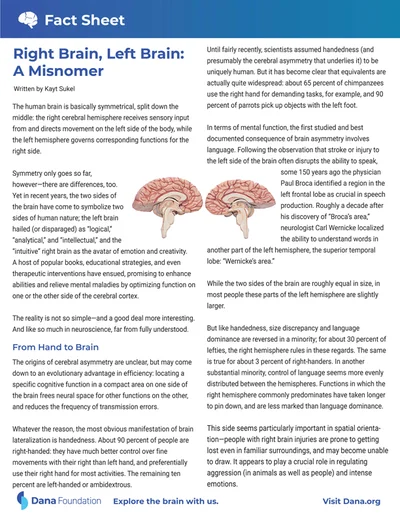

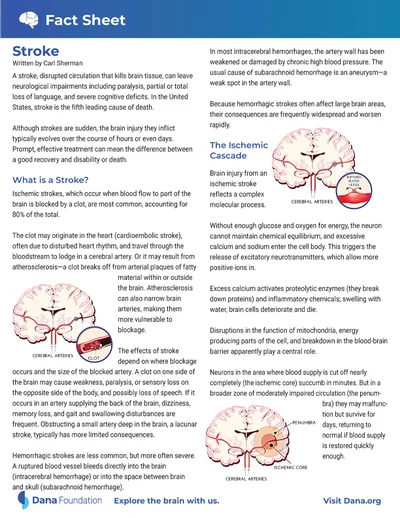

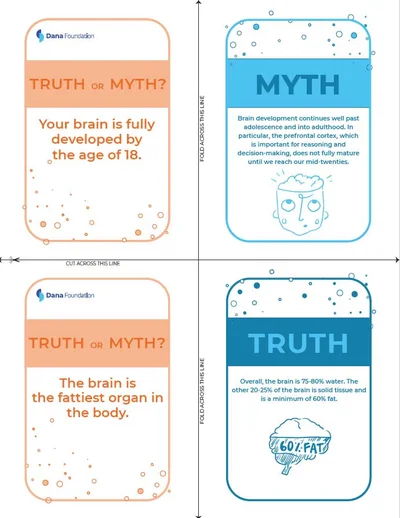

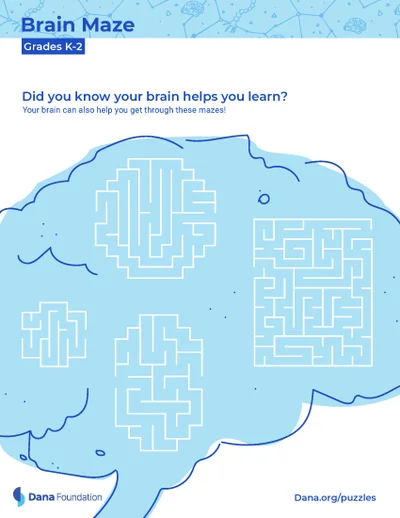

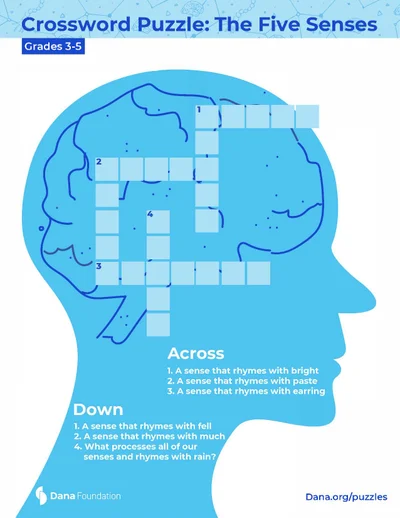

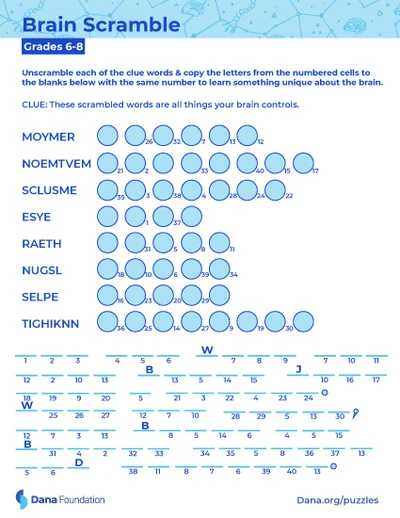

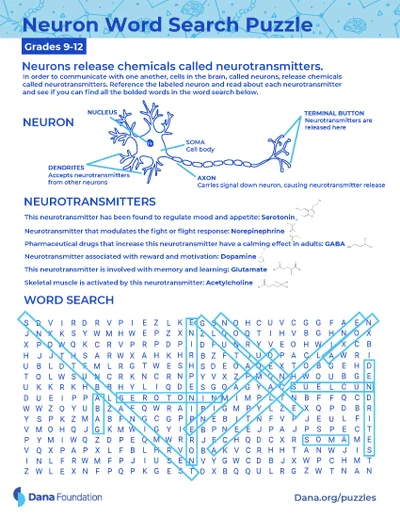

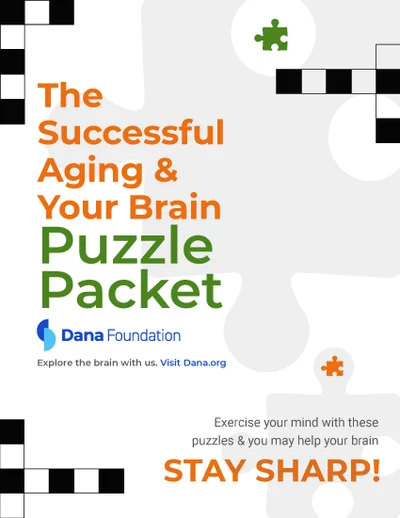





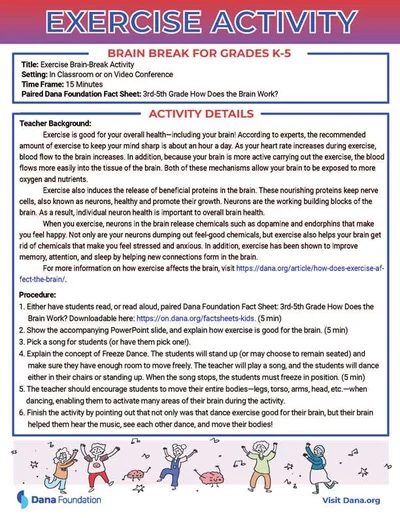

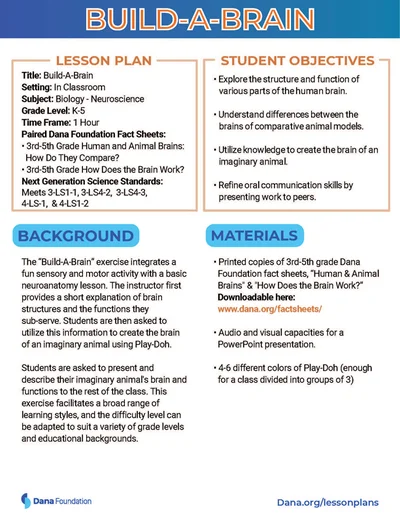

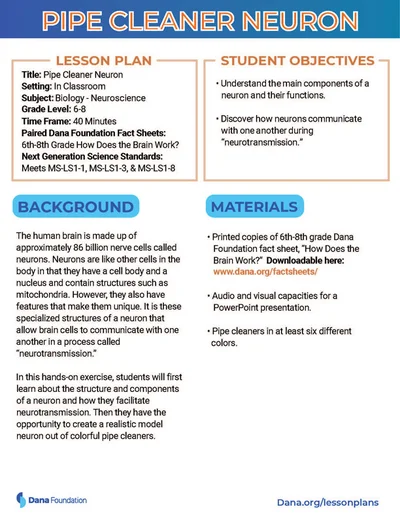

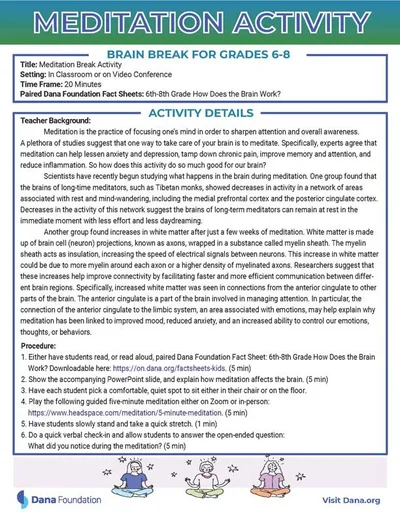

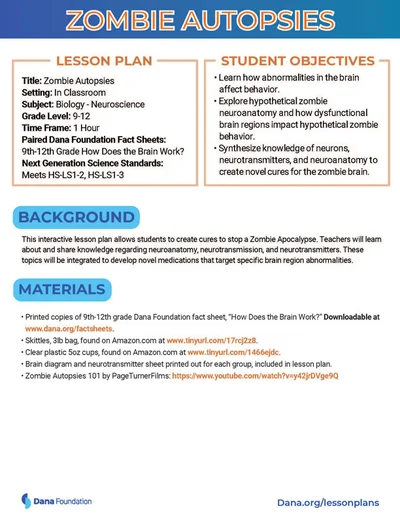

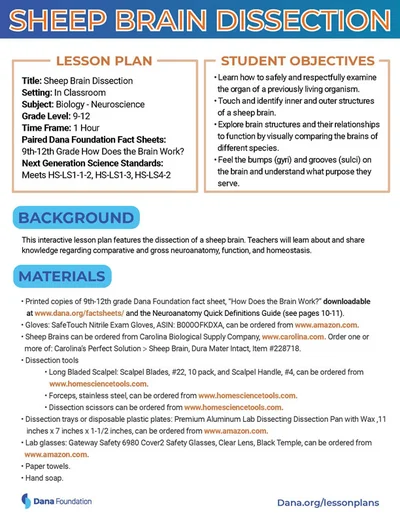

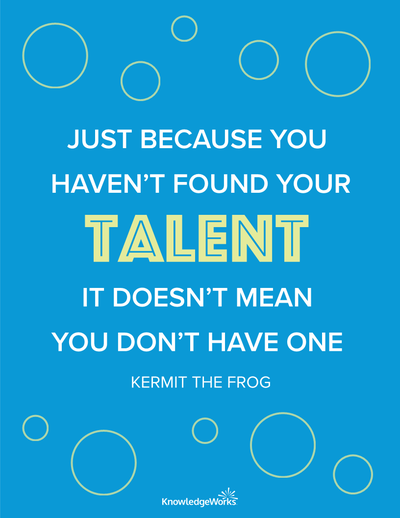

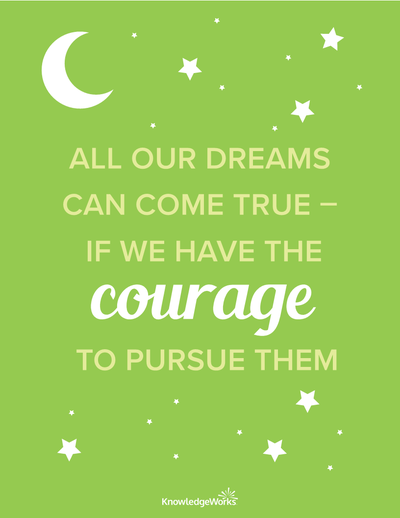

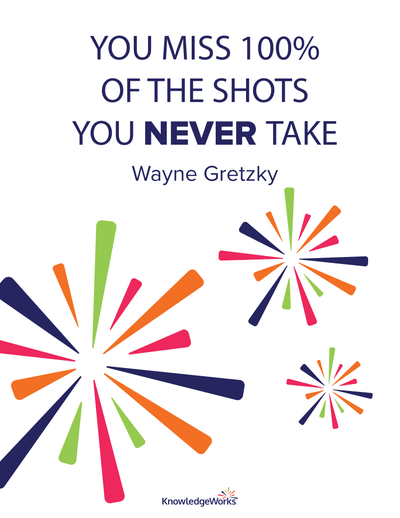

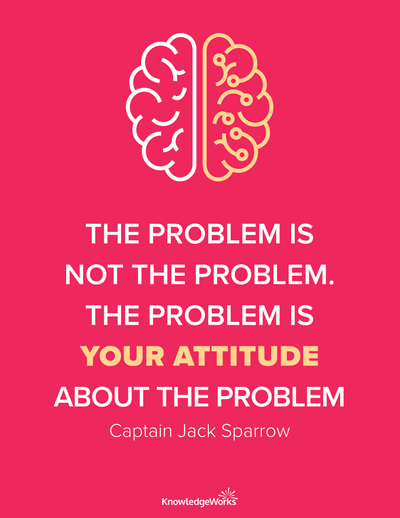

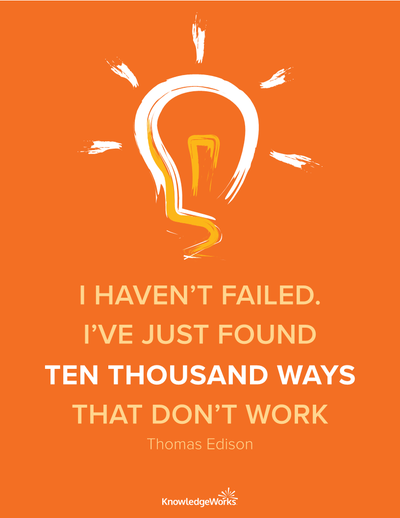

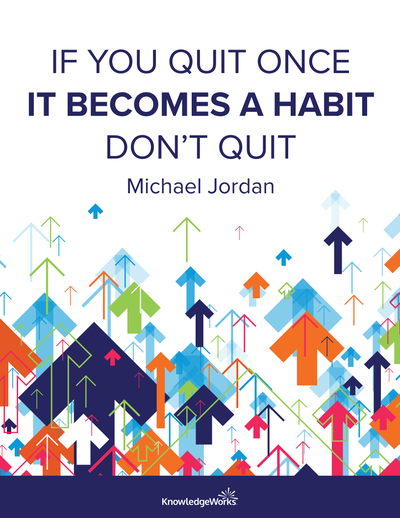

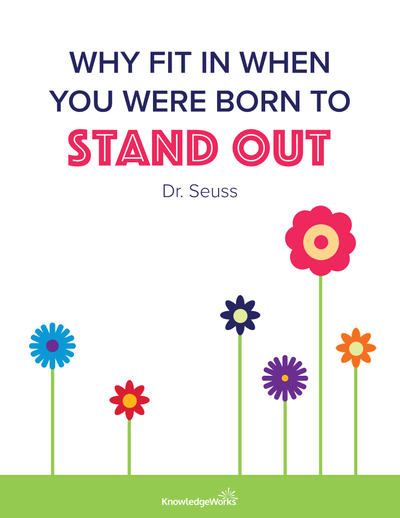

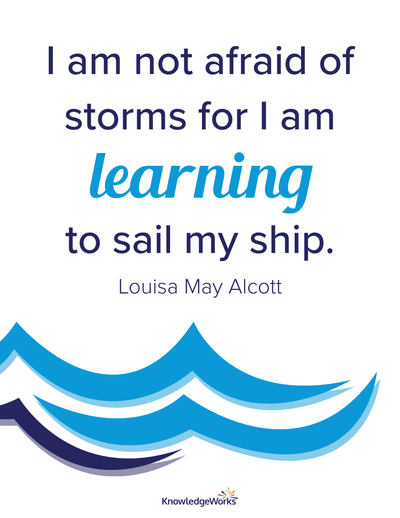









Comments